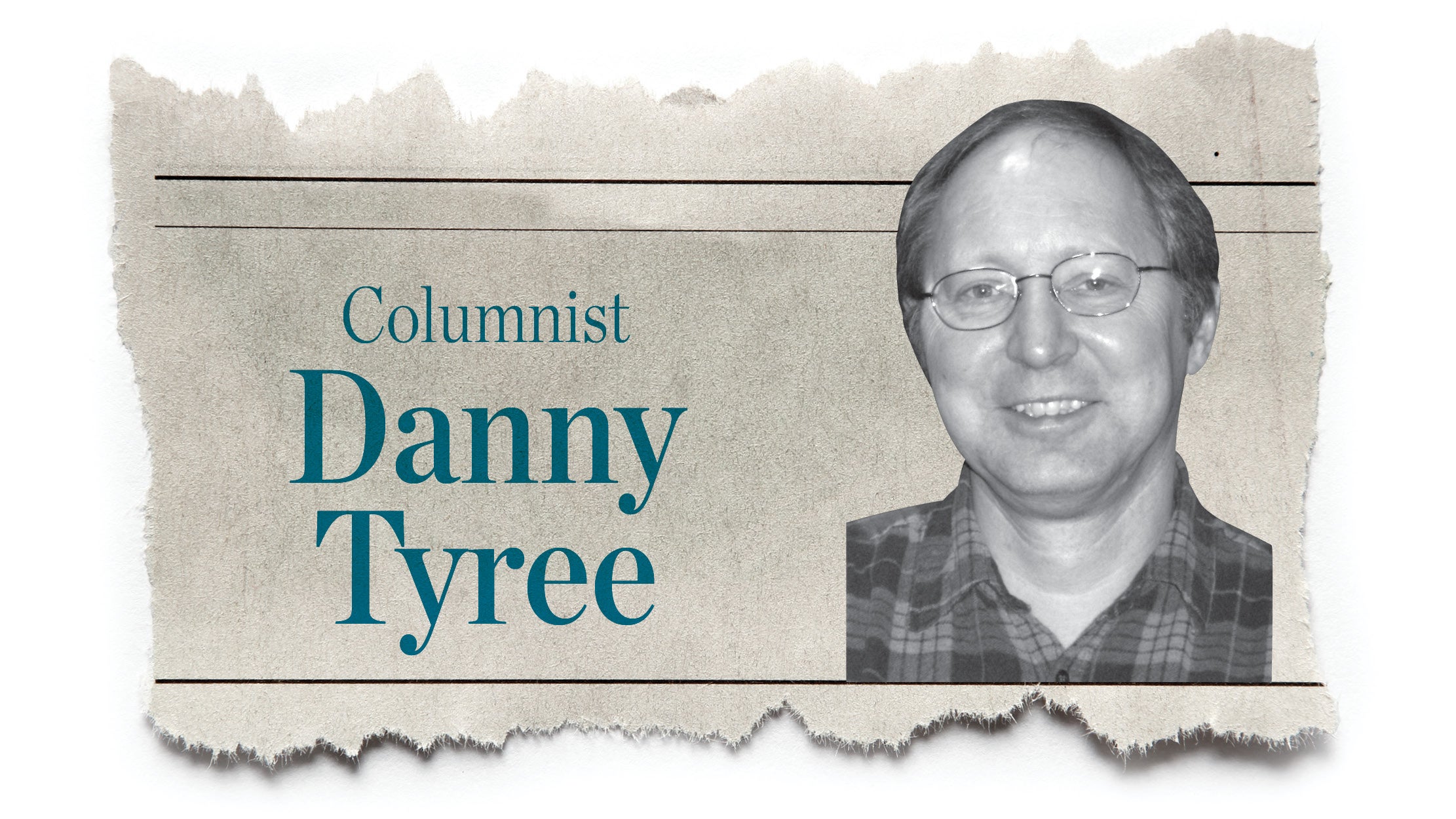How Social Security defines a disability
Published 9:35 am Wednesday, August 22, 2018
Disability affects millions of Americans, in one form or another. Social Security is here to help you and your family, but there are strict criteria for meeting the definition of disability. The definition of disability under Social Security is also different than it is for other programs. We do not pay benefits for partial or short-term disability.
We consider you disabled under Social Security rules if:
• You can’t do work that you did before;
• We decide that you cannot adjust to other work because of your medical condition(s); and
• Your disability has lasted or is expected to last for at least one year or to result in death.
This is a strict definition of disability.
Social Security is also required by law to review the current medical condition of all people receiving disability benefits to make sure they continue to have a qualifying disability.
Generally, if someone’s health hasn’t improved, or if their disability still keeps them from working, they will continue to receive benefits.
To help us make our decision, we’ll first gather new information about a benefit recipient’s medical condition. We’ll ask their doctors, hospitals, and other medical sources for their medical records. We’ll ask them how their medical condition limits their activities, what their medical tests show, and what medical treatments they have been given. If we need more information, we’ll ask them to go for an examination or test for which we’ll pay.
Social Security is a support system for people who cannot work because of a disability. You can learn more about Social Security disability at www.socialsecurity.gov/disability and also by accessing our starter kits and checklists at www.socialsecurity.gov/planners/disability.
Jeri Fields is the manager of the district Social Security office in Ironton.





